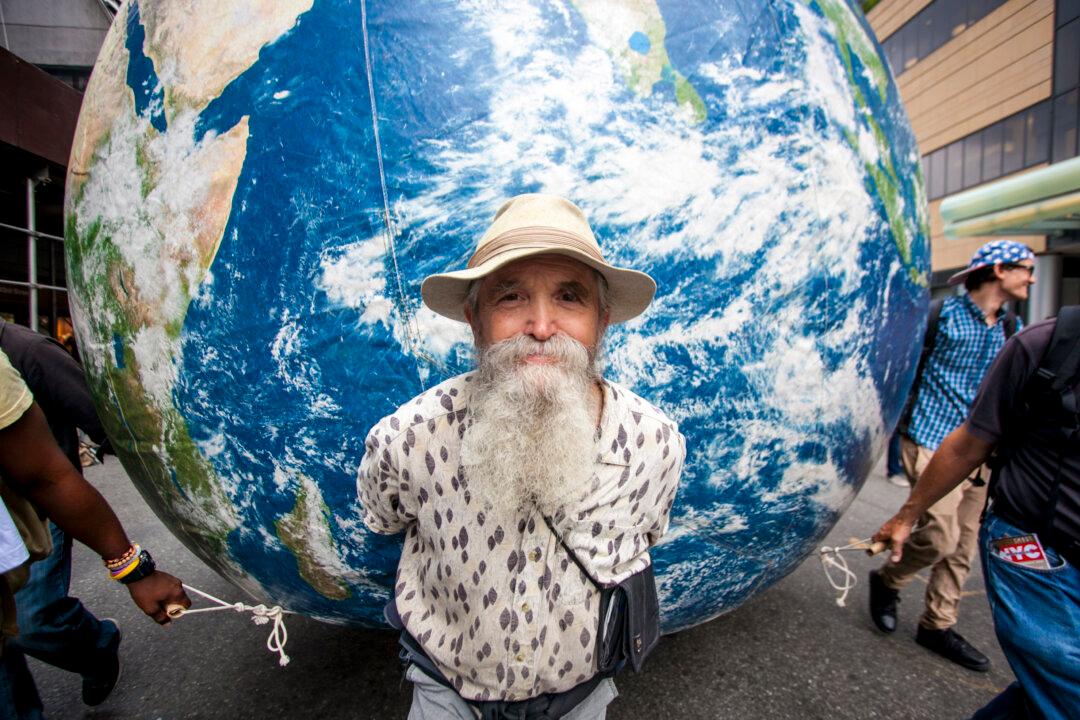Environmentalists aren’t the only ones who want the Earth to be a greener place. On Wednesday, a group of representatives from major U.S. corporations lobbied Congress urging them to act on climate change.
The group included big-name food and beverage companies such as Kellogg’s, PepsiCo, Starbucks, Nestlé, and Mars; the clothing company Gap Inc., and cosmetics brand L'Oréal.
The coalition wants Washington to act because it believes the negative effects of climate change will affect the long-term stability of its businesses, and by extension, the U.S. economy, according to Mindy Lubber, president of the nonprofit Ceres. The nonprofit works with companies to advocate for sustainability issues. Lubber wrote about the group organizing on Earth Day in an article for Forbes.com.
Specifically, they want the United States to lead the negotiations at the United Nations Climate Change Conference in Paris, France, this November. Participating countries will come up with an international binding agreement to curb greenhouse gas emissions and limit global temperature rises to under two degrees Celsius (36 degrees Fahrenheit).
Some of the lobbying companies were also among a list of over 200 businesses who recently signed a letter addressed to President Barack Obama, expressing their support for the EPA’s (Environmental Protection Agency) proposed Clean Power Plan.





